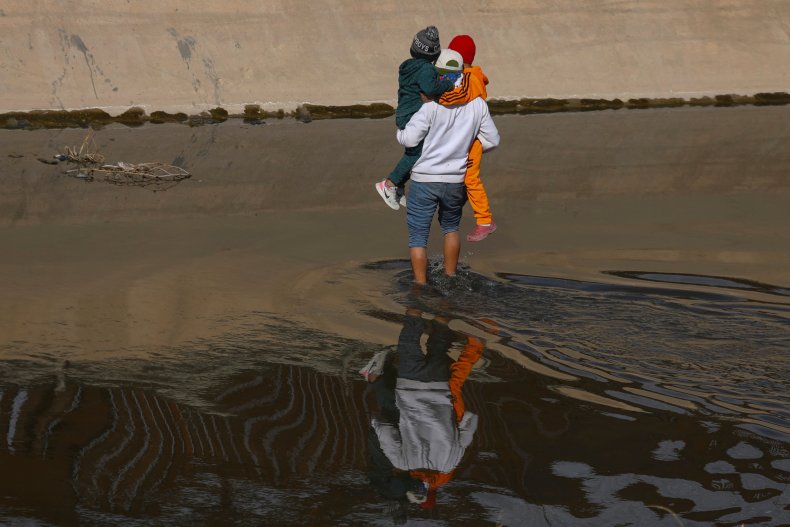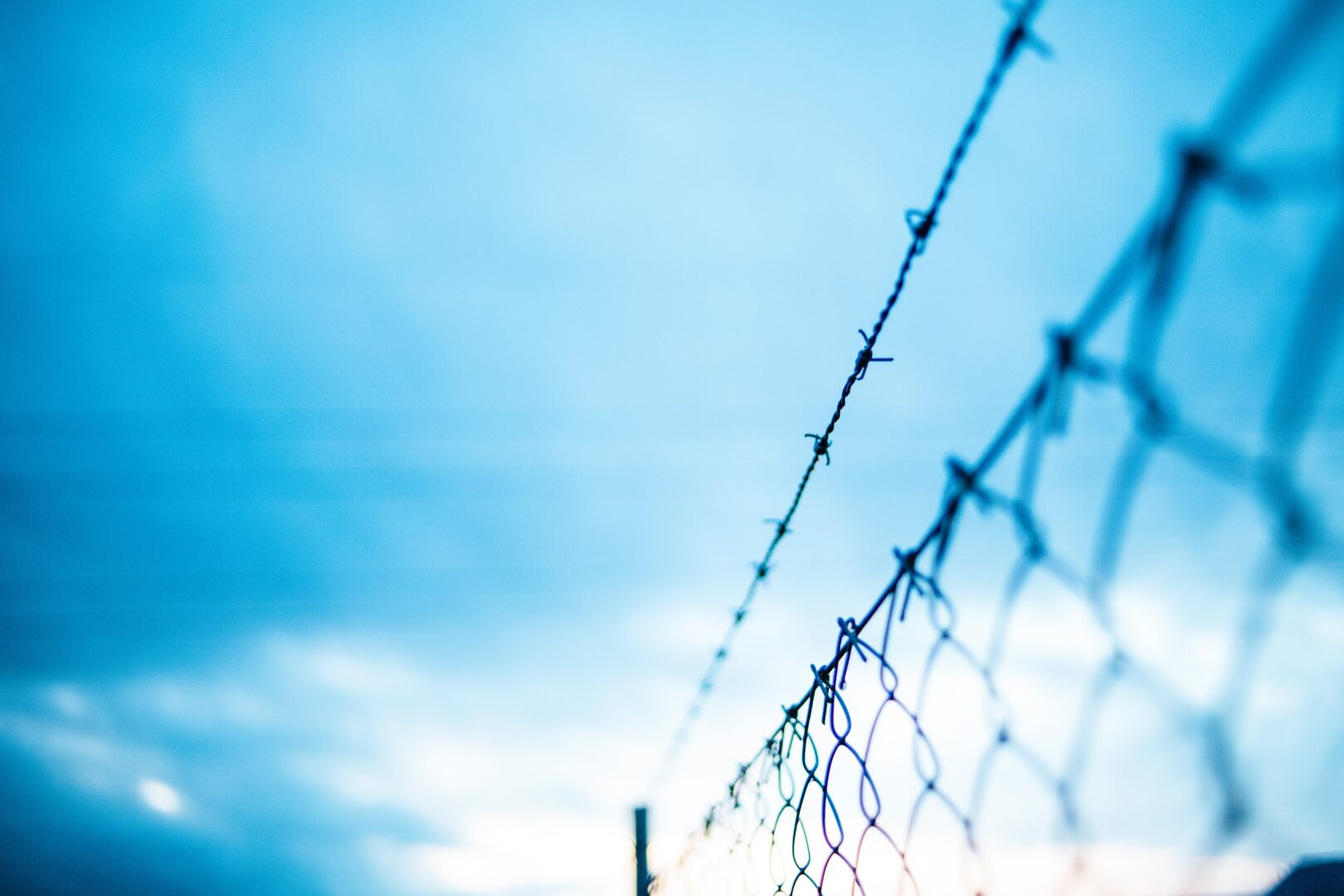MARCO CASTILLO , CO-EXECUTIVE DIRECTOR, GLOBAL EXCHANGE
ON 1/5/23 AT 8:30 AM EST
Originally published in Newsweek
Last summer 53 migrants died locked inside an insulated semi-truck just beyond the U.S.-Mexico border. They experienced death from heat stroke, which starts with muscle cramping, heart-pounding, terrible headaches and dizziness before delirium and convulsions set in. This may have been the deadliest human smuggling case in U.S. history, but sadly, these horrific border incidents are happening more often. President Joe Biden blamed this particular case on the “multi-billion dollar criminal smuggling industry”. But the real question is: Why would innocent families be willing to risk their lives and those of their children in the first place?
I hope that addressing the underlying causes of immigration—including gun violence and climate change—will be discussed by President Biden, Mexican President Andrés Manuel López Obrador (AMLO), and Canadian Prime Minister Justin Trudeau when they meet at the “Tres Amigos” Summit in Mexico City Jan. 9-10. With the recent spike of migrants arriving at the border and North America being one of the deadliest regions in the world for migrants, this issue can no longer be ignored.
Last year set a record number of deaths at the Mexico-U.S. border—a number that is severely underreported due to the sheer size and remoteness of the roughly 2,000-mile border territory. The decomposition and scattering of human remains by wildlife in the desert further obscures the true death toll. What we do know is that U.S.-Mexico border policies are only forcing migrants to take increasingly dangerous routes.
For nearly three decades, politicians have been responding to the immigration crisis by ramping up border security with militarized policing and criminalizing migrants. But for families forced to leave their homes to survive, not even this is a deterrent. We need more compassionate policies that support migrants with pathways to claim asylum and move across the region with human rights; but, until we address some of the underlying issues of why people are leaving their homes in the first place, such as gun violence and climate change, we will never solve this crisis.
The illegal flow of guns across borders mostly lands in the hands of Mexican paramilitary, corrupt police, and cartels. Roughly 70 percent of the firearms involved in homicides in Mexico can be traced back to the U.S. It is far too common a story that civil society and independent voices—everyday workers and students—are violently attacked, killed, or disappear when protesting the government or in the way of cartels. I can’t help but think of the Ayotzinapa case in which 43 college students disappeared and to this day remains unsolved. The armed violence is reason enough for families to consider crossing the border.
The problem is so prolific, the Mexican government filed a $10 billion lawsuit against U.S. gun manufacturers and distributors in 2021 for damages caused by illegal gun trafficking. U.S. federal courts dismissed the lawsuit last year, thanks to America’s all but untouchable gun lobby. The immunity that American gun manufacturers have is offensive and needs to end.
We urge North American leaders to take concrete measures to end U.S. gun exports and trafficking to Mexico, including banning assault weapons across the region, increasing restrictions for sales and canceling transfers to corrupt police and military units. This would be a meaningful start to helping families feel safe at home.
Another issue driving forced migration across North America is climate change. From Guatemala to the Artic Circle, the increasing frequency and severity of forest fires, droughts, storms, and floods are displacing entire communities, threatening livelihoods and traditional ways of life. People of color, low-income communities, women, and Indigenous Peoples are impacted most severely.

In Canada, increasingly intense wildfires and changing water levels are disproportionally affecting First Nation indigenous communities. Traditional food sources are threatened, impacting livelihoods, cultural identities and means of survival. In northern Mexico, drought continues to dry up water sources, reduce crop yields, and put rural farmers out of work. Without water, food or a way to make a living, the only choice is to seek better conditions elsewhere.
To mitigate the impacts of climate change, there must be a regional plan to dramatically reduce fossil fuel emissions, help communities prepare and mitigate climate-related disasters, and create a new green economy to generate jobs while protecting the environment. And we must show deference to the practices of Indigenous Peoples, who have proven to be the best protectors of the environment, and allow these communities to maintain control of their ancestral territories so that they can stay safe and thrive in their own homes.
Biden, ALMO, and Trudeau will soon have an opportunity to broaden their agendas to include the underlying factors of immigration. I’ve joined the leaders of dozens of organizations in signing a letter addressed to the three leaders, urging action on guns, climate, and immigration, including all of the ways these issues intersect and compound each other.
Many of the signatories will be gathering for a Peace Summit in Mexico City next month to mobilize a multinational political action agenda in the lead-up to the 2024 elections in both the U.S. and Mexico. There, we hope to discuss the solutions put forward by the “Tres Amigos.”
Marco Castillo is the co-executive director of Global Exchange, a nonprofit promoting human rights and social, economic, and environmental justice around the world. He is spearheading the alliance of more than 100 grassroots organizations in the lead-up to a Peace Summit in Mexico City on Feb. 23-24, 2023.
The views expressed in this article are the writer’s own.
